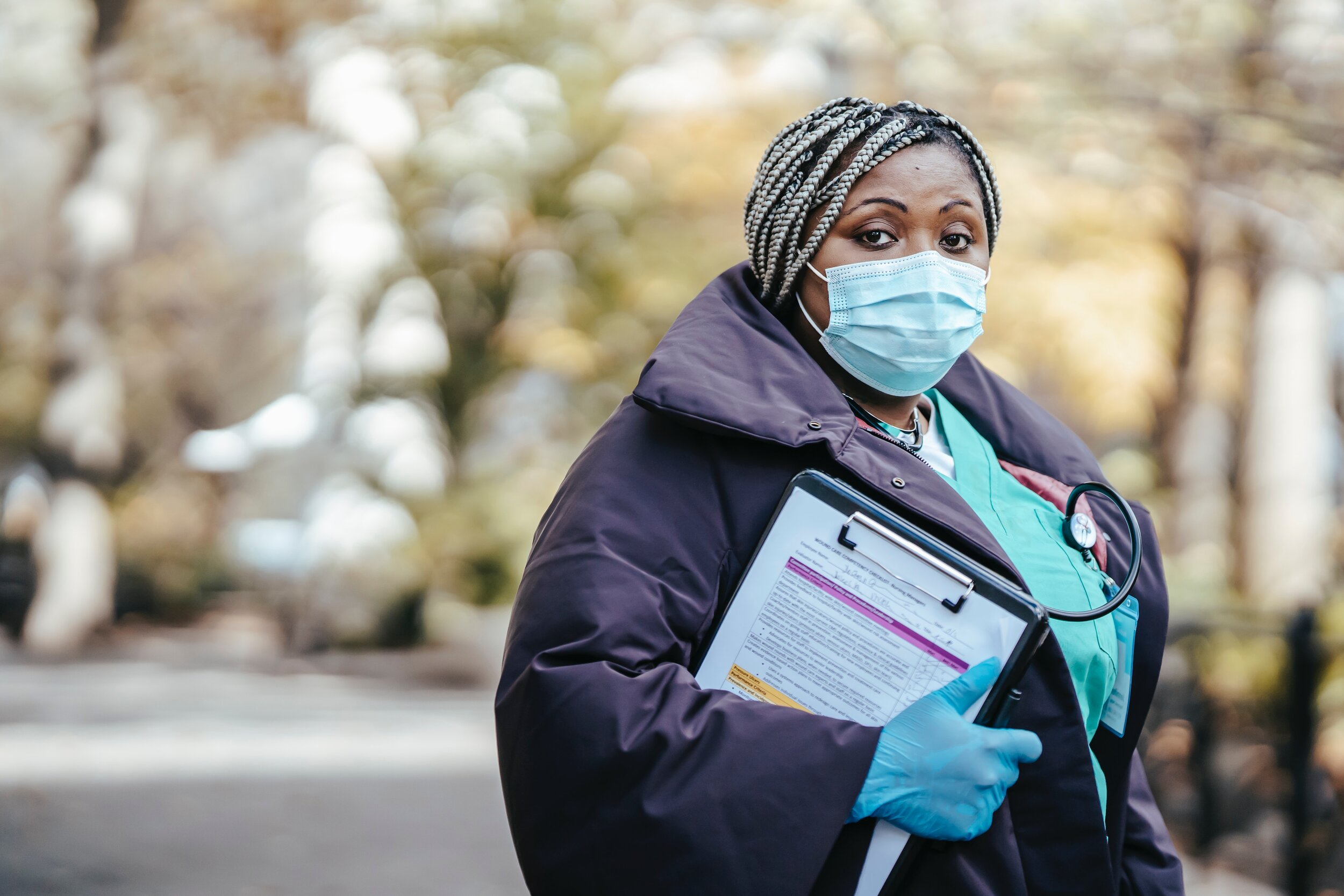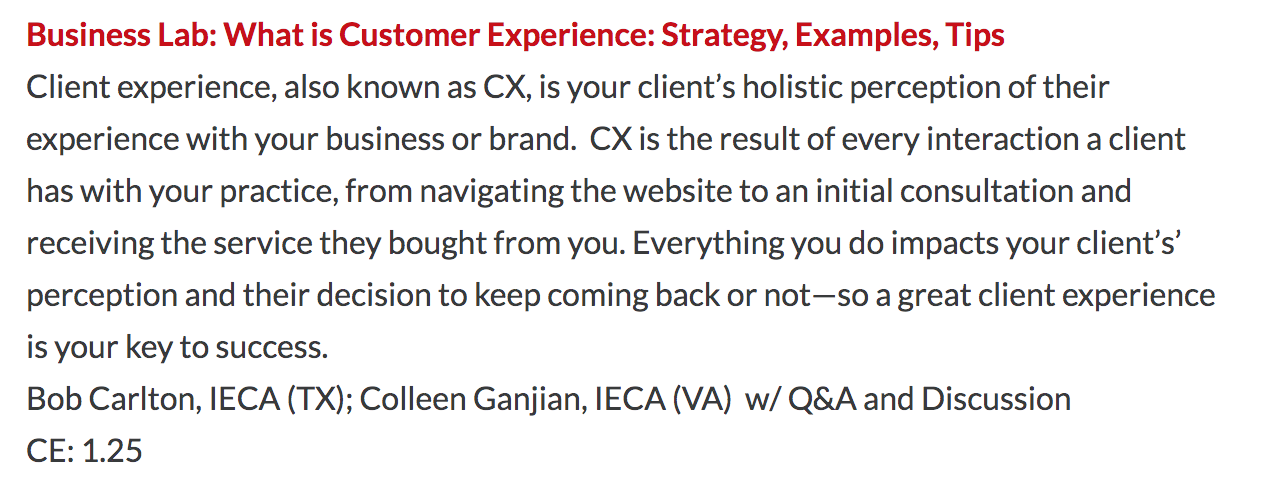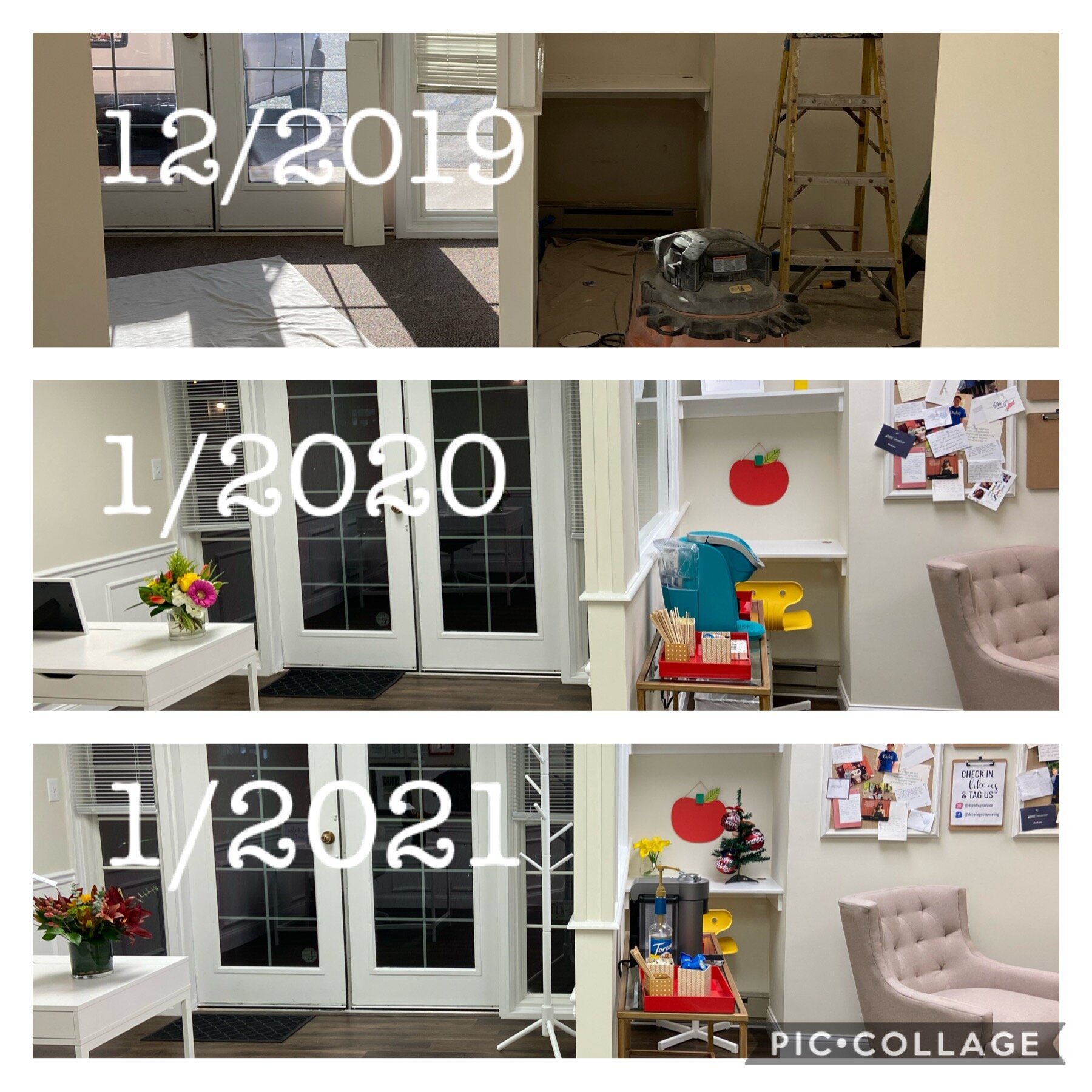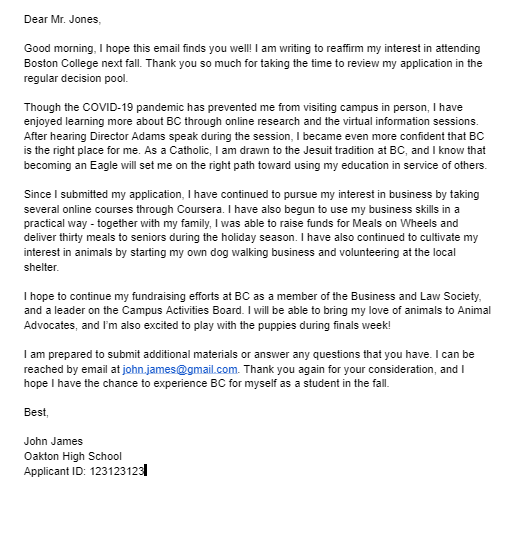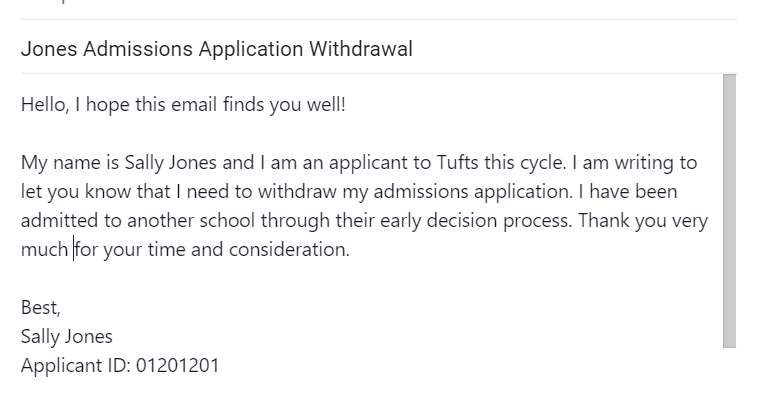This week, we have our promised guest blog post! Recruiting and hiring guru Jayana Garvey is here with us today to share some great tips for cleaning up your social media.
While Jayana’s primary focus in this post is on the hiring process for a student’s first job or internship, everything she says is applicable to the college application process as well!
Think we’re exaggerating? Check out this timely article from this week’s Washington Post about the impact that the use of social media can have on your college applications.
And for other potential red flags for admitted students (yes, even after you have been admitted!), don’t miss last week’s post on staying out of trouble.
Now, here’s Jayana!
Do my social channels matter while I’m in high school and college? Can they impact my career search? 💯yes.
Studies show that 70% of employers are using social media to screen candidates during the hiring process. Some companies and organizations certainly will and others follow strict protocols and only look at a candidate’s application in their system. You’ll never know for sure because every organization has different policies and processes related to their recruiting.
I would encourage today’s high school and college students to look at ALL their social media accounts as fair game for ANY recruiter or hiring manager (or admissions counselor!) to potentially come across.
In my campus recruiting days, I could tell you about several college students who were in the running for prestigious leadership programs and were denied due to questionable content on their social media. It came up in many discussions with career services at universities.
It came down to this: recruiters were simply not confident that the individual could have a professional presence at work with an unprofessional, public, social profile. That immediately made the candidate lose credibility. Right or wrong about your character, it clouded a hiring manager’s view of you immediately and made them question their decision.
Remember, they are generally only going by one page about you and an hour spent with you. Employers are looking for a variety of competencies when interviewing you and assessing your candidacy. These could range from leadership skills, teamwork, your ability to collaborate, handling change, technical expertise, and so on.
You want an employer to stay focused on your application and interview - not to get distracted with a poor decision online that may jeopardize the stellar resume you’ve worked so hard to develop!
So how do you know what is OK and what’s not?
A good rule of thumb is to not post updates or share content on social media that you would not feel comfortable having a future boss see.
Use that as your litmus test. It’s an easy way to think before you share, comment, upload a photo, or like content.
There will likely also come a time where colleagues at work may become friends with you on social channels and have a deeper view into your personal life.
Of course, you don’t have to accept everyone, but I’ve been on teams where it’s common and others where you would never be connected on personal social accounts with a boss.
Every single company culture and team culture is different. It’s best to begin preparing now. And if you’re reading right now and thinking about certain posts, TikTok videos, or Insta photos in your head that you might not be so proud of, it’s never too late to clean up your online presence and prepare for your future job search (Note from DCCC: This is also true about preparing for your college applications!).
Sure, you may be thinking some of this sounds overkill, and I get that! Our work and personal lives are becoming very blurred nowadays and are continuing in this direction. If you think about years ago when people went to work and didn’t have a laptop to bring home - work stayed at work. We now have remote work, colleagues as friends, and social media mixed in. This creates an entirely different environment - something your parents didn’t experience when they were applying to their first jobs out of school.
Of course you can never control the social media trolls on your pages or crazy Aunt Sally’s comments on your photos, but how you interact with them and respond is key.
You may want to lock down certain profiles to keep them more controlled while being more discerning about who you accept as a friend. You may even want to take it a step further and approve tagged photos/timeline posts for example (if you’re on Facebook). Again, some organizations will look at things and some will not. You’d rather err on the side of caution.
I’d also recommend being mindful of what you post on your personal social pages vs. what you post on LinkedIn. As you begin creating your professional presence on LinkedIn, you’ll want to keep it just that - professional. It’s not the page for a long vacation reel, tons of political posts, or controversial topics. People go to LinkedIn for work related topics, idea sharing, job searches, and business connections.
The few people who are sharing content not aligned with the general purpose and intention of LinkedIn always stand out on the newsfeed - and not in a good way. 😀 Yes, it’s OK to share some personal stories and information on LinkedIn too, but there should be a thoughtful connection to your professional life (generally).
So we talked a lot about mitigating your social media working against you. It is absolutely a powerful tool to work for you in maintaining personal and professional connections and showcasing your “brand” as a prospective employee. If a recruiter or hiring manager goes to channels you choose to keep public and sees insightful content, industry articles, and friendly conversations with followers, they may feel even better about your candidacy by seeing you interact with others with varying viewpoints in a professional manner.
Now let’s contrast that with someone having a Twitter war with poor tone and dropping f-bombs with their followers. That may be an indication of how you would interact with your team members who might challenge your ideas or not share the same perspectives. Your creativity, professionalism, and intelligent conversations can boost your candidacy.




































